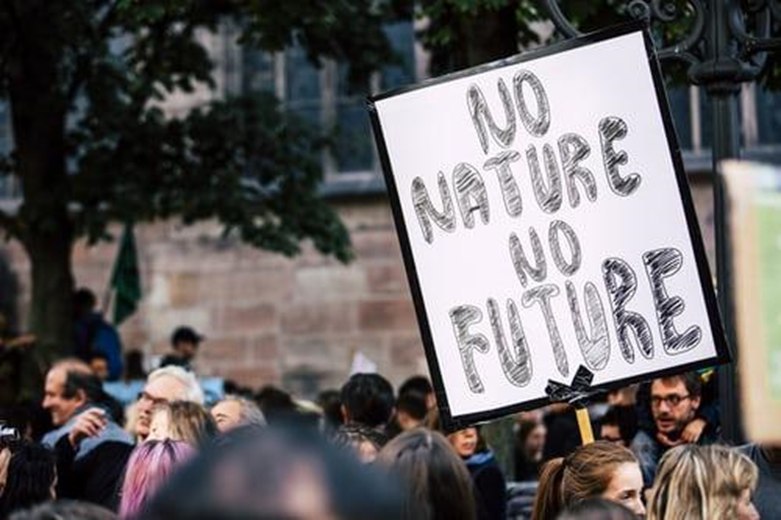The grim facts are that need is outnumbering supply. The more the world is raped of its resources the more our children’s futures are in question. This article sets out four solutions that need to be seriously taken on board.
Be Sensible with Plastics
The global issue with plastics is they are not environmentally friendly. They’re not biodegradable and usually end up in landfill sites. Other plastic ends up washed into rivers and streams. This creates issues for fishes and marine life who mistake it for food. They then experience problems which include breathing. Plastic can also pose a threat to human health.
Much of the plastic we use is simply for convenience, like disposable shopping bags or drinks cartons. When looking at the different types of eco friendly straws, the experts said that 500 million straws are used daily, and 7.5 million end up on beaches. It is encouraging to see that both companies and governments are looking to ban them for this reason. Fortunately, there are biodegradable alternatives as well as plant-based ones.
The wise use of alternatives to plastic should be sought in our daily lives to save the environment. That can include the use of glass bottles and durable shopping bags.
Be Responsible with Water
It may be that people think there’s plenty of this resource. After all, the world is 70% covered by it, surely? The problem is that much of it is salt water which is undrinkable, and there is not enough freshwater to meet global needs. That’s bad for human and animal life, as well as the environment.
It is shocking to discover that there is hardly any global city that does not release sewage into its water. Considering the medical implications of drinking contaminated water, this is even more surprising.
The use and stewardship of water need to be tightly maintained. It begins with individuals but must also be addressed at the highest levels.
Be Responsible with Food
The use of transport can create issues for the environment. This includes greenhouse gas emissions and air pollution from fuel-driven vehicles. One may often see posters that encourage people to support local farmers. It’s not just a way to encourage local businesses, however. It reduces the need to transport food long distances, generating pollution.
People who eat organic meat may be viewed as weird or fussy, when in fact they are reacting to the use of pesticides and chemical fertilizers that end up in our streams and rivers. Vegetarians are often the butt of jokes too, but it takes less land and precious water to grow crops than to rear animals for food. One can easily view farm animals as an environmentally friendly part of life. Actually, they contribute to greenhouse gases through the methane that they generate.
Junk food scores badly for health and the environment and is usually badly packaged with disposable plastics.
 Conserve Energy
Conserve Energy
When people have short journeys ahead of them, it is easy to consider using the car. It’s quick and convenient, right? As we have discussed, fossil fuels are not good for the environment. Lack of exercise is also bad for our health and wastes money needlessly. Governments are increasingly looking to promote the use of bicycles as a benefit to people and to air quality.
It’s all too common to see homes where a light is on in every room, whether there are people there or not. Electrical items like televisions may be turned off, but the power lights are still on, using valuable energy and wasting money.
Washing machines use valuable resources every time the warm wash cycle is selected. Many items can be adequately cleaned with just a cold wash.
There are viable alternatives to using electricity for power provision. Wind farms and solar power can demonstrate high levels of efficiency, whilst being kinder to the environment.
Modern life seems to operate on convenience, with instant food and disposable plastic packaging. People pay little thought to the use and quality of water. Convenience food abounds, and farm products are doctored with fertilizers and other chemicals. Energy demands remain high as people draw on valuable resources for their travel and everyday lives.
It’s important to steward these things responsibly. Change is needed now, both at the grassroots and the governmental level. Some lines have already been crossed, and urgent changes must be made in order to provide a sustainable future for everyone.

 Conserve Energy
Conserve Energy